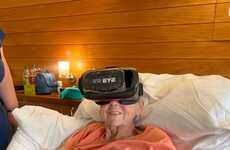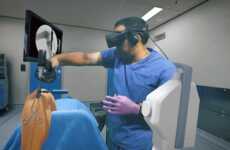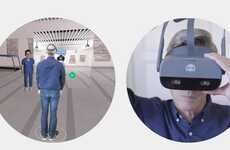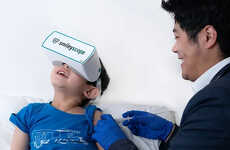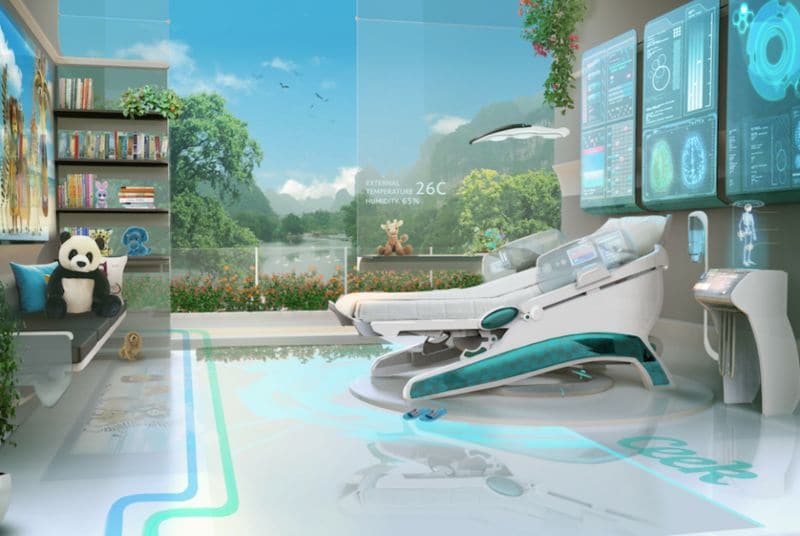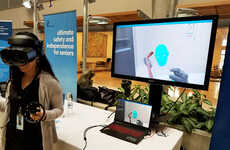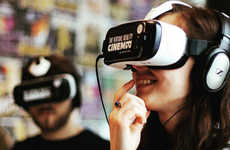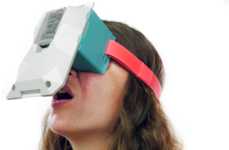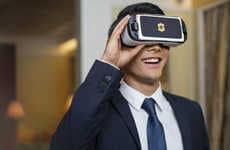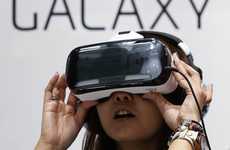
The Miami Children's Hospital is Experimenting with Virtual Reality
Rebecca Byers — May 11, 2015 — Tech
References: prnewswire & psfk
In an exciting and curious recently announced collaboration, we may be a lot closer than we think to virtual reality hospital experiences. A multi-year deal between the Miami Children's Hospital and Next Galaxy Corporation will see the two collaborate on a potential application of the technology during emergency situations.
When developed, the Miami Children's Hospital will be able to offer more realistic training to medical professionals used to learning on paper or through a textbook. By creating more realistic exposure for doctors to acclimate to, hospitals can insure that in addition to the technical instructions doctors can be prepared for the mental trials.
The interesting incorporation of the VR technology will also be able to use eye-gaze tracking and control technology to ensure procedures are executed as accurately as possible.
When developed, the Miami Children's Hospital will be able to offer more realistic training to medical professionals used to learning on paper or through a textbook. By creating more realistic exposure for doctors to acclimate to, hospitals can insure that in addition to the technical instructions doctors can be prepared for the mental trials.
The interesting incorporation of the VR technology will also be able to use eye-gaze tracking and control technology to ensure procedures are executed as accurately as possible.
Trend Themes
1. Virtual Reality Training - The use of VR to provide realistic exposure for training medical professionals.
2. Medical VR Applications - Exploring potential applications of VR technology in emergency medical situations.
3. Eye-gaze Tracking VR - Incorporation of eye-gaze tracking and control technology to improve the accuracy of medical procedures using VR.
Industry Implications
1. Healthcare - Hospitals and medical institutions can use VR to provide realistic training for medical professionals and explore potential applications for emergency situations.
2. Technology - Companies developing VR and eye-gaze tracking technology can explore partnerships with healthcare institutions to further develop medical applications.
3. Education - The use of VR for training medical professionals creates an opportunity for education and training institutions to incorporate the technology into their curriculum.
4.7
Score
Popularity
Activity
Freshness


